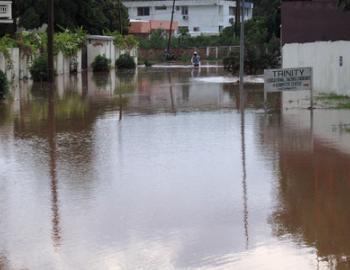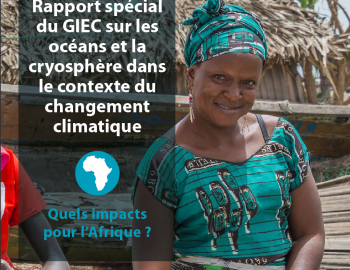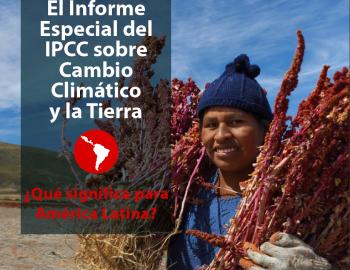REPORT: Climate resilience and disaster risk management
REPORT: Climate resilience and disaster risk management
CDKN, in collaboration with partners across Asia, Africa and Latin America, is pleased to announce a new publication on Climate resilience and disaster risk management. It presents recent results from CDKN-supported projects to assess vulnerability and mainstream climate resilience into development planning.
Our stories from India, Ghana and Colombia illustrate the importance of involving diverse social groups in defining and monitoring vulnerability and delivering adaptation solutions:
- a newly launched initiative to protect residents of Ahmedabad, Western India from heatwaves through common sense measures;
- a programme of witness tours and capacity building for local assembly members in Ghana, to raise awareness of climate-related risks to coastal development;
- an ambitious process of vulnerability assessment in Cartagena, Colombia, which has yielded some early lessons about how to sustain momentum on climate compatible development, even in the face of leadership changes.
We highlight the use of innovative techniques such as role-playing games to raise people’s awareness of the tough challenges posed by decision-making in a changing climate.
You can also read about an initiative by the Partners for Resilience, a partnership of NGOs and practitioners in nine countries, to produce minimum standards for integrating disaster risk management in local development plans.
We bring you news of our technical work to deepen international understanding on climate-related loss and damage, and a new initiative to assess experience with micro-insurance for the climate-vulnerable poor in South and Southeast Asia.
Please share this newsletter widely with your colleagues. We welcome feedback on CDKN’s disaster risk management work to CDKN’s senior advisor Tom Mitchell and editorial feedback to Mairi Dupar.
Photo of Diagnosis of the patient at OPD, Beherampura UHC (South Zone, Ahmedabad), July 2012. Credit: Nilesh Vilas Thube



